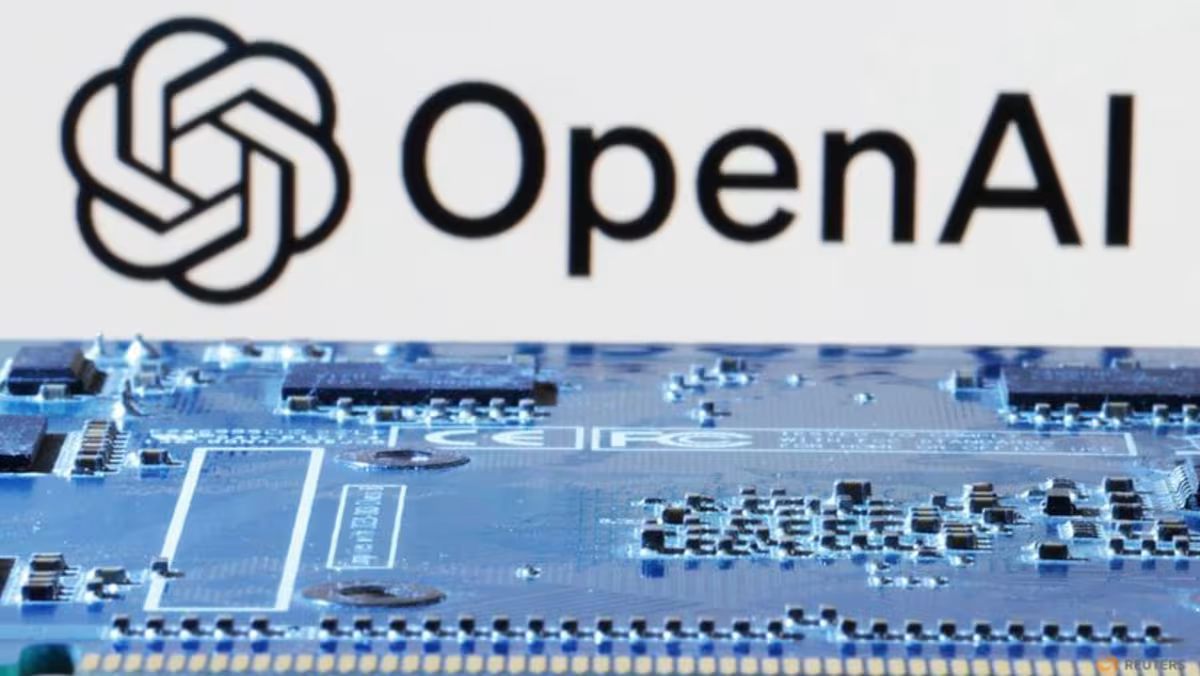
OpenAI has announced a new partnership with Dotdash Meredith, the publisher behind notable brands such as People, Better Homes & Gardens, and Investopedia. This collaboration marks a significant step towards a more licensed and responsible use of content in AI training.
How Will Dotdash Meredith’s Content Be Used?
Under the terms of the agreement, Dotdash Meredith will license its content for OpenAI to train ChatGPT, while utilizing OpenAI’s models to enhance its in-house advertising tool, D/Cipher. This strategic alliance emerges amidst previous controversies where OpenAI faced legal challenges for alleged unauthorized use of copyrighted materials.
The deal will enable ChatGPT to not only train on licensed content from Dotdash Meredith’s diverse portfolio, which includes publications like Food & Wine, InStyle, and Verywell, but also to display content and links from these publications directly. This licensed use of content addresses past concerns regarding AI platforms’ use of copyrighted material without appropriate permissions or compensations.
Previously, OpenAI had been sued by major publishing groups including The New York Times and Alden Capital Group (owner of The Chicago Tribune, New York Daily News, and the Orlando Sentinel). These lawsuits accused OpenAI of using their content without authorization. Additionally, complaints from public figures such as comedian Sarah Silverman and others underscored the growing scrutiny over how AI technologies leverage existing content.
A Commitment to Fair Use and Attribution
In response to these challenges, Neil Vogel, CEO of Dotdash Meredith, emphasized the importance of fair compensation and proper attribution for publishers. His statement highlighted the deal as evidence of OpenAI’s commitment to partnering responsibly with content creators and publishers to foster a healthier internet environment.
This agreement follows a similar arrangement with The Financial Times, where OpenAI was recognized for acknowledging the necessity of compensating publishers for the use of their material. John Ridding, CEO of The Financial Times, voiced approval for this approach last month, reflecting a broader industry acknowledgment of the need for equitable practices in the use of copyrighted content.
The use of OpenAI’s models is set to power Dotdash Meredith’s advertising technology, D/Cipher, which connects advertisers to consumers through the context of the content being consumed rather than through traditional personal identifiers like cookies. This method aligns with industry-wide changes, including Google’s planned transition to a cookie-less model, which represents a significant shift in online advertising practices.
Related News:
Featured Image courtesy of Dado Ruvic/REUTERS
